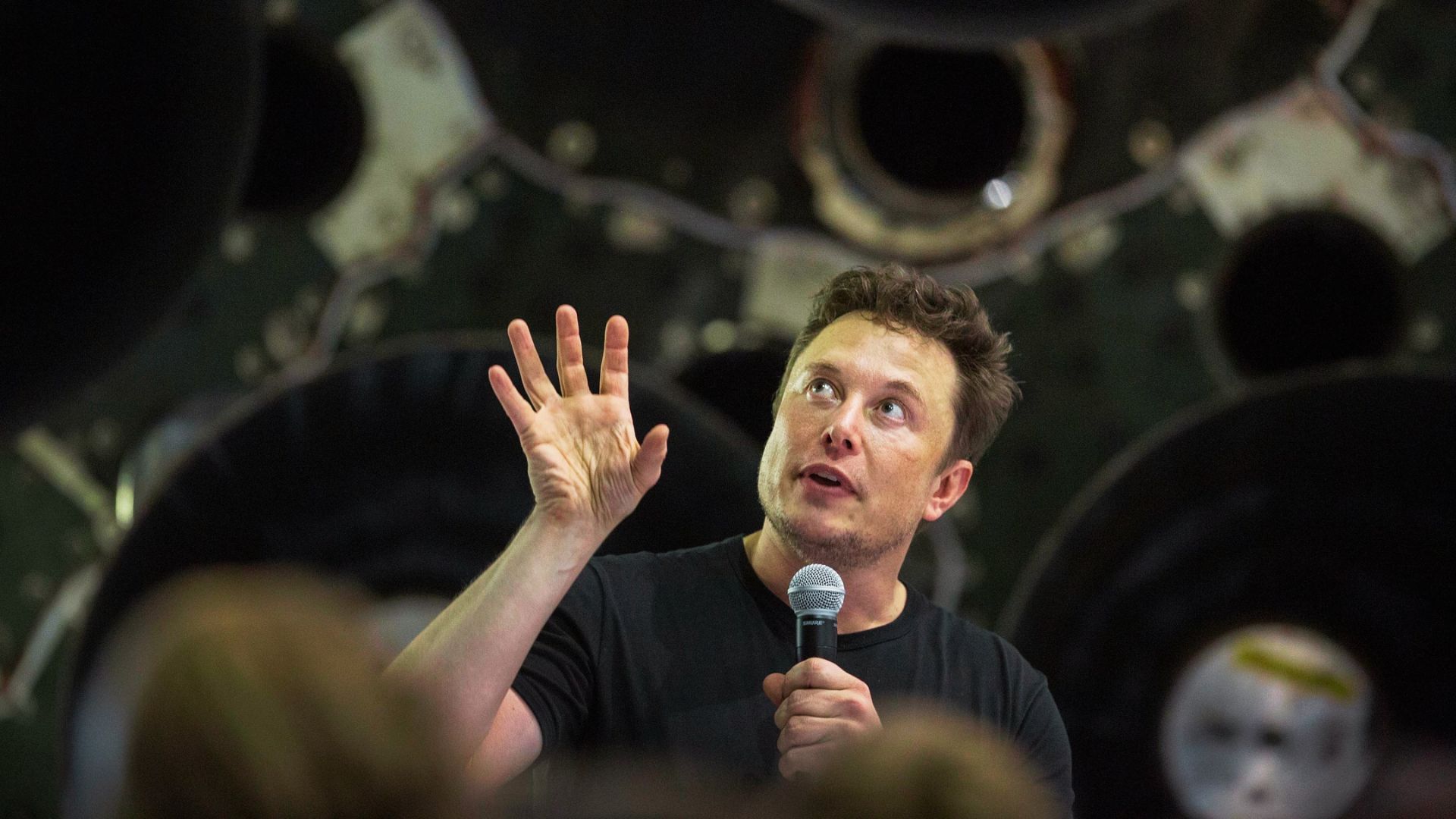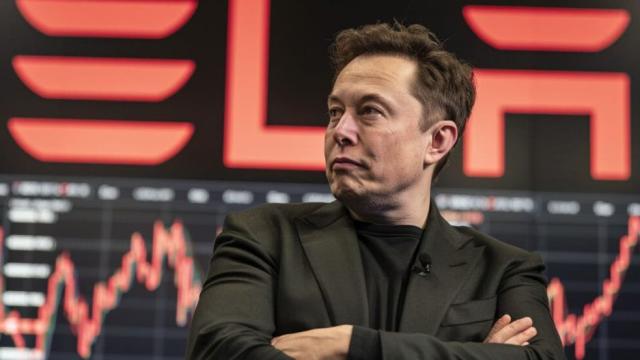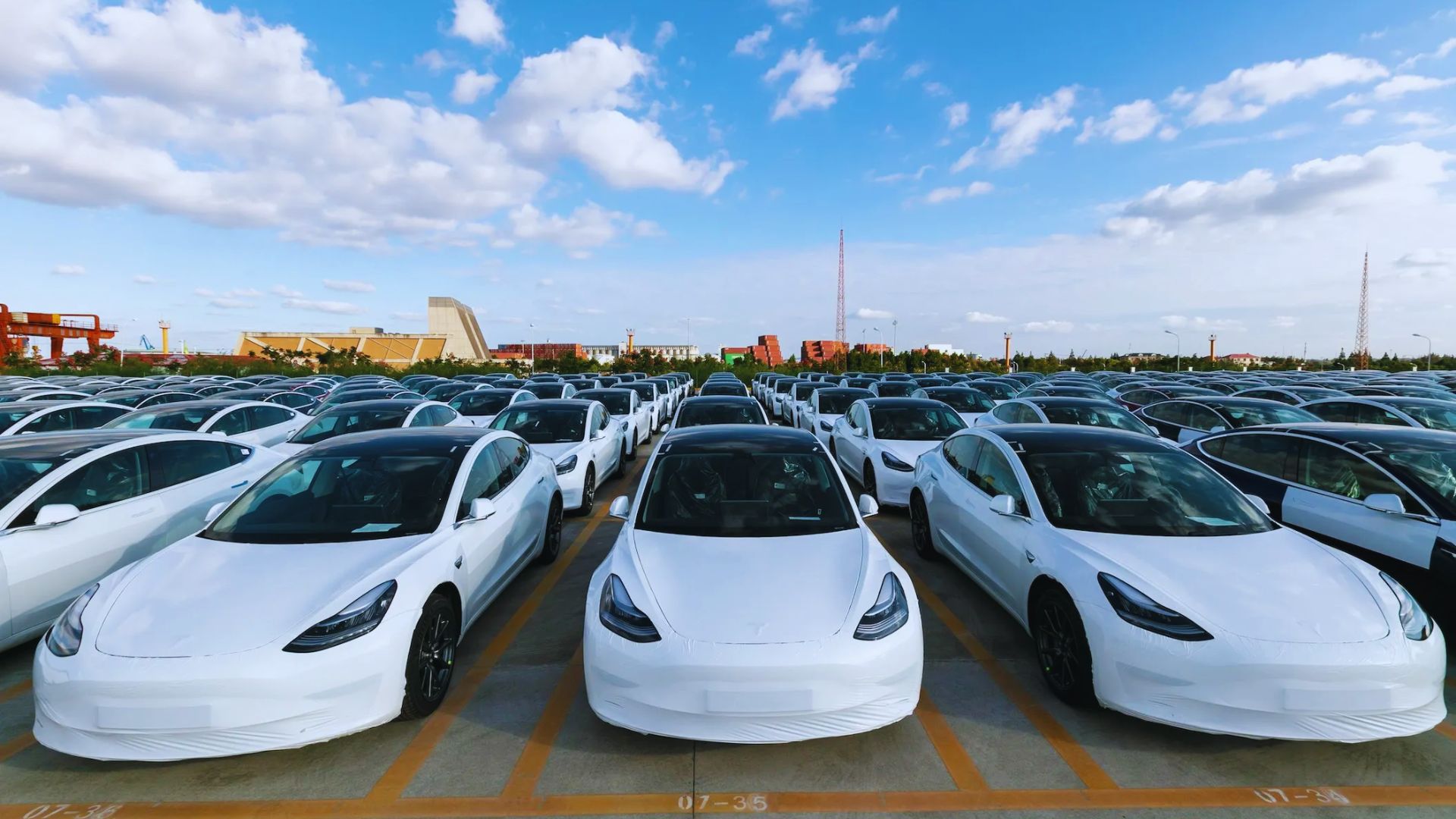Elon Musk’s “First Principles Thinking” offers a radical problem-solving approach, reshaping industries from space travel to sustainable energy.
In the world of innovation, few methodologies have garnered as much attention as Elon Musk’s First Principles Thinking. This foundational approach to problem-solving, rooted in physics, has become synonymous with Musk’s name and his ventures. Rather than relying on analogies or existing conventions, Musk’s method breaks down problems to their most basic truths. This article delves into the essence of this approach and its transformative impact across multiple industries.
Understanding First Principles Thinking
At its core, “First Principles Thinking” involves distilling a problem down to its fundamental elements, removing any assumptions or preconceived notions. Instead of reasoning by analogy, where one builds solutions based on what’s already known or accepted, this method seeks to understand the basic principles underlying the problem. It’s akin to deconstructing a puzzle to its individual pieces before attempting to solve it.
Musk’s Application in Space Exploration
SpaceX, Musk’s aerospace manufacturer, offers a prime example of “First Principles Thinking” in action. When faced with exorbitant costs for rocket parts, instead of accepting the industry norms, Musk questioned the fundamental costs of the raw materials required to build a rocket. By sourcing materials and building the rockets in-house, SpaceX drastically reduced costs. The Falcon 1, SpaceX’s first orbital rocket, was developed at a fraction of the typical cost, challenging established aerospace conventions.
Revolutionizing the Electric Vehicle Market
Tesla’s journey in the electric vehicle (EV) market also embodies the “First Principles” approach. The battery, a significant cost factor for EVs, was reimagined by Musk and his team. Rather than accepting the high costs associated with existing battery technologies, they broke down the battery into its fundamental components, analyzing the base cost of the raw materials. This led to innovations in battery design and manufacturing, making EVs more accessible and challenging the automotive industry’s status quo.
Solar Energy and Beyond
SolarCity, another of Musk’s ventures, aimed to make solar energy more mainstream. Using “First Principles Thinking,” the team reevaluated the basic costs associated with producing and installing solar panels. This led to innovations in the design, manufacturing, and installation processes, reducing costs and making solar energy a more viable option for the average consumer.
Conclusion
Elon Musk’s adoption of “First Principles Thinking” underscores the power of returning to basics when faced with complex challenges. By questioning established norms and dissecting problems to their core elements, Musk has fostered innovation across multiple sectors. This approach, while demanding, offers a blueprint for those seeking to challenge conventions and drive transformative change. In a world filled with complexities, sometimes the most profound solutions arise from understanding the simplest truths.




